MONCADA, Spain: Researchers have found three factors, namely the consumption of water with a high iron content or a high pH level, as well as having a high salivary pH level, are associated with the presence of black stains on supragingival dental plaque. While smoking, taking iron supplements or consuming caffeinated drinks were not found to be risk factors, the main modifiable risk factor identified in this study was the consumption of tap or osmosis drinking water.
In the study, the Oral Microbiology Group of the CEU Cardenal Herrera University (UCH) analysed data collected from 94 patients from ten dental clinics in the provinces of Valencia and Castellón. By using questionnaires, the researchers assessed the participants’ oral hygiene habits, such as the type of toothbrushes they use, their brushing frequency and their eating habits, such as snacking between meals, drinking bottled or tap water, smoking or regularly consuming caffeinated beverages. The participants’ general oral health status was analysed by assessing the number of decayed, missing or sealed teeth of each participant and the presence or lack of periodontitis or bleeding gums. Furthermore, the researchers took samples of dental plaque, saliva and drinking water for chemical analysis.
According to Verónica Veses Jimenez, director of the CEU UCH’s Department of Biomedical Sciences, the regular consumption of water with high pH and iron levels or having high salivary pH levels contribute greatly to the emergence of black stains. That is why one of the main recommendations for people who have black stains on their teeth is to drink mineral water instead of tap or osmosed water, Jimenez said.
Consuming tap or osmosis-purified water increased the odds of suffering from black stains by 13 times. In relation to a high pH range for saliva, the researchers concluded that the habit of snacking between meals can decrease the appearance of black stains, as it helps lower the pH level of saliva.
The study ruled out factors such as the influence of tobacco, iron supplements, the consumption of caffeinated drinks and oral hygiene habits. According to Veses Jimenez, since these stains are iron-based, their presence is more directly related to high iron and pH levels, both in saliva and in the water that is consumed, than oral hygiene habits.
In light of the results, patients with black stains should be advised to switch to mineral water to reduce the risk of their reappearance following dental prophylaxis.
The study, titled “Risk factors for the presence of dental black plaque”, was published online in the November 2018 issue of the Scientific Reports journal.
Tags:
CHAPEL HILL, N.C., U.S.: American children and adolescents who drink tap water, which is typically fluoridated, are much less likely to have tooth decay, ...
CANBERRA, Australia: The poor state of Australians’ oral health has received much needed attention over recent years. For some Aboriginal and Torres ...
BURGOS, Spain: The Centro Nacional de Investigación sobre la Evolución Humana in Burgos in Spain has released a new open access dataset comprising 712 ...
More than 20 years ago, Torabinejad et al. first described a new root-end filling material called mineral trioxide aggregate (MTA).[1] MTA showed in vitro ...
VLADIVOSTOK, Russia: A group of histologists and dentists from the Far Eastern Federal University (FEFU) have collaborated with Russian and Japanese ...
MÄDER, Austria: Amann Girrbach, a pioneer and leading innovator in dental CAD/CAM technology, has announced the launch of Zolid Lunaris, a new zirconia ...
In prosthodontics, assessing the individual needs and expectations of every patient is a crucial factor for successful treatment. In the production of fixed...
MANCHESTER, UK: Researchers from the University of Manchester have conducted a pioneering study in the UK focusing on the oral health and economic impacts ...
HEFEI, China/HONG KONG: In a new study, biomaterial scientists have found that a substance similar to the adhesive that mussels use to attach to rocks and ...
LOWELL, Mass., U.S.: Crushed or pulverized eggshells have many practical uses. They can be used as a natural calcium supplement, a coffee sweetener, a ...
Live webinar
Tue. 10 February 2026
7:00 pm EST (New York)
Prof. Dr. Wael Att, Dr. Robert A. Levine DDS, FCPP, FISPPS, AOD, Dr. Larissa Bemquerer ITI Scholar at Harvard
Live webinar
Wed. 11 February 2026
11:00 am EST (New York)
Dr. med. dent. Sven Mühlemann
Live webinar
Wed. 11 February 2026
12:00 pm EST (New York)
Prof. Dr. Samir Abou Ayash
Live webinar
Fri. 13 February 2026
12:00 pm EST (New York)
Live webinar
Mon. 16 February 2026
12:00 pm EST (New York)
Live webinar
Tue. 17 February 2026
12:00 pm EST (New York)
Live webinar
Wed. 18 February 2026
9:00 am EST (New York)
Dr. Anna Lella, Ms. Francesca Nava



 Austria / Österreich
Austria / Österreich
 Bosnia and Herzegovina / Босна и Херцеговина
Bosnia and Herzegovina / Босна и Херцеговина
 Bulgaria / България
Bulgaria / България
 Croatia / Hrvatska
Croatia / Hrvatska
 Czech Republic & Slovakia / Česká republika & Slovensko
Czech Republic & Slovakia / Česká republika & Slovensko
 France / France
France / France
 Germany / Deutschland
Germany / Deutschland
 Greece / ΕΛΛΑΔΑ
Greece / ΕΛΛΑΔΑ
 Hungary / Hungary
Hungary / Hungary
 Italy / Italia
Italy / Italia
 Netherlands / Nederland
Netherlands / Nederland
 Nordic / Nordic
Nordic / Nordic
 Poland / Polska
Poland / Polska
 Portugal / Portugal
Portugal / Portugal
 Romania & Moldova / România & Moldova
Romania & Moldova / România & Moldova
 Slovenia / Slovenija
Slovenia / Slovenija
 Serbia & Montenegro / Србија и Црна Гора
Serbia & Montenegro / Србија и Црна Гора
 Spain / España
Spain / España
 Switzerland / Schweiz
Switzerland / Schweiz
 Turkey / Türkiye
Turkey / Türkiye
 UK & Ireland / UK & Ireland
UK & Ireland / UK & Ireland
 Brazil / Brasil
Brazil / Brasil
 Canada / Canada
Canada / Canada
 Latin America / Latinoamérica
Latin America / Latinoamérica
 USA / USA
USA / USA
 China / 中国
China / 中国
 India / भारत गणराज्य
India / भारत गणराज्य
 Pakistan / Pākistān
Pakistan / Pākistān
 Vietnam / Việt Nam
Vietnam / Việt Nam
 ASEAN / ASEAN
ASEAN / ASEAN
 Israel / מְדִינַת יִשְׂרָאֵל
Israel / מְדִינַת יִשְׂרָאֵל
 Algeria, Morocco & Tunisia / الجزائر والمغرب وتونس
Algeria, Morocco & Tunisia / الجزائر والمغرب وتونس
 Middle East / Middle East
Middle East / Middle East

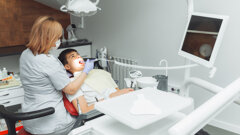





















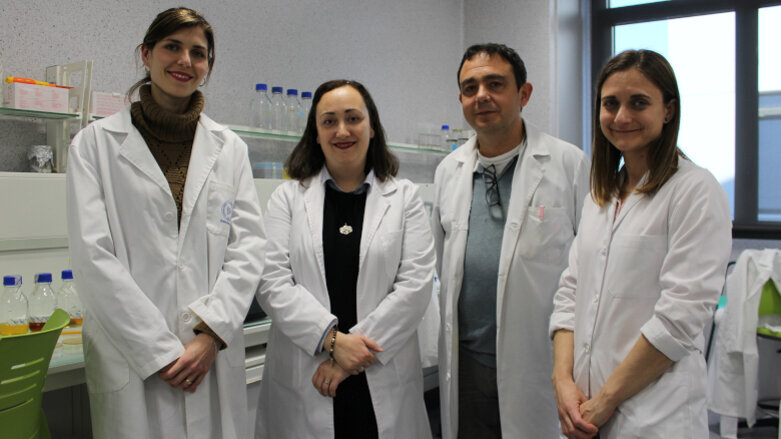






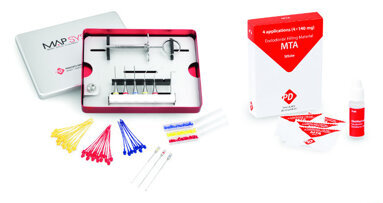

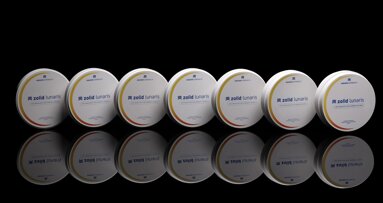
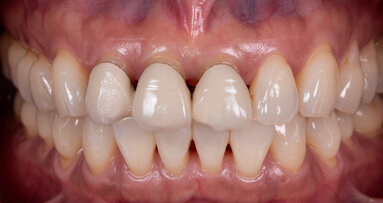













To post a reply please login or register